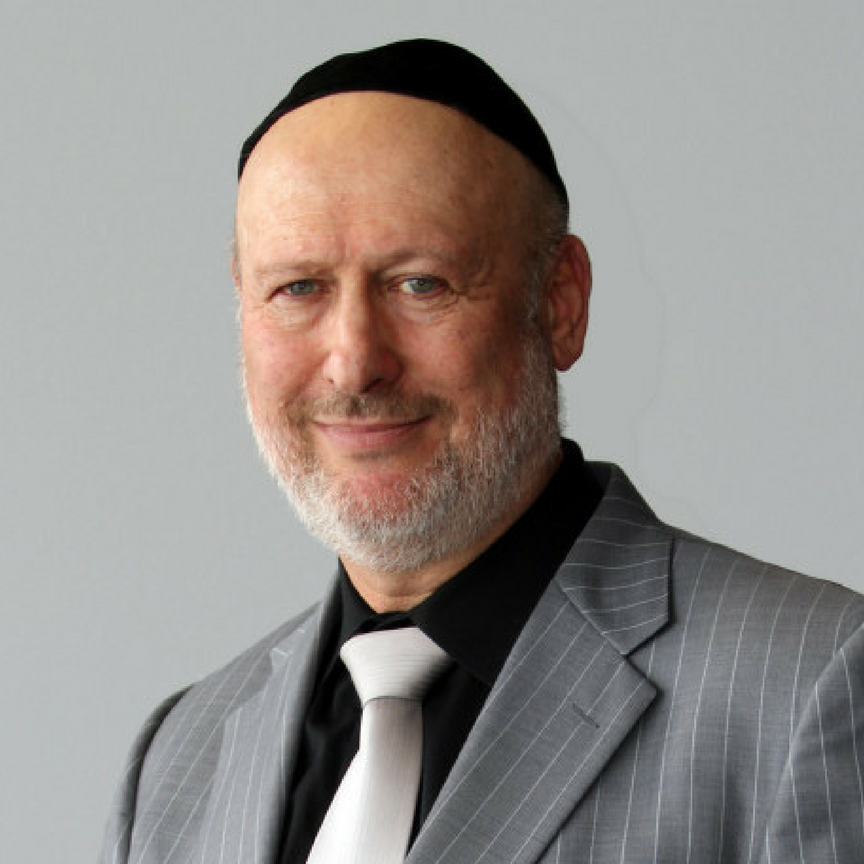I tossed a coin a hundred times. One of these results is real and one I just made up. Which is which?
A: I got 48 heads, 49 tails, and 3 landed on their edge, remaining balanced upright.
B: I got 49 heads and 51 tails.
If you chose "A", you probably have a PhD in philosophy and you would be wrong. If you chose "B", you have an understanding of how the world REALLY works. Yes, "A" could happen in theory, but it just doesn't in the real world. In the abstract world of philosophical theory, there are many alternatives and variations, but this is less true in the real world of practical living where the choice is frequently between "heads" and "tails."
In the political science department of a local community college, the concept of protest might be discussed as falling somewhere on the spectrum between docile peacefulness and rioting. However, to the real-world business owner trying to pay his employees and take home a profit, so called "protesters" who would torch his store are just plain wrong.
Real-world duality is nowhere better seen than in the male-female dichotomy. The cutting edge of abstract theory, being mostly academics and intellectuals, insists that humans can be many things or anything on the male-female spectrum. The real world, inhabited by real people know that we are each either male or female. There are only two choices.
Successful living means that when we are confronted by the need for a decision, we can and should explore a wide range of possibilities while we are in the early abstract stages of analysis. But once we must move from theory to action, it helps to know that many decisions really boil down to "A/B," that is, a choice between two alternatives.
Scripture provides examples for which we must clearly recognize only two categories, and where fuzzy thinking on this will lead us astray. Not surprisingly, the portal to this discussion emerges from the number two. The first time any word occurs in Scripture can provide deep insight, so let's find the first time the number "two" appears in its common ordinal form, as representing "two" distinct things.
"And of all that lives, of all flesh, two of each you shall bring into the ark to keep alive with you, male and female they should be." (Genesis 6:19)
This reveals that the fundamental "two-ness" in the universe is male and female. Since the ultimate act of human creativity is creating a baby, we understand that two people can be far more creative than merely one, particularly if there is a male/female dynamic.
However, two men or two women can have a male/female dynamic as well, for example in brainstorming a business idea. At any given moment one of the participants, whether male or female (biologically speaking), can be implanting the seed of an idea while the other is absorbing it. A moment later they may exchange roles as the conversation continues.
Another aspect of the number two is that the Hebrew root of two is the same root as for the Hebrew word for tooth. Thus:
שנים two שנ tooth
Even the very sound of the English word "tooth" carries within itself the sound of the number two ("2-th"). This highlights the point that two things complement one another. We have both upper and lower teeth, and we need them both. Having only upper teeth or only lower teeth would be worse than having no teeth at all.
One of the best biblical examples of two is the two tablets that God gave to Moses on Mount Sinai. The Bible rarely refers to this as "the Ten Commandments," but rather calls them "the two tablets," about thirty times. This is because the quality of two they possess is so important. The two tablets complement one another and make it possible for us to create our moral matrix by consulting them both.
Lastly, the Hebrew word for "two" shares a common root with the Hebrew word for "years." This informs us that there is also a theme linking the concept of two to the idea of years.
שנה year שנ two
Each passing year naturally possesses similarities to its predecessor on both a global and a personal level. Nonetheless, nobody experiences two successive years as being identical.
Similarly, when we think of the power of two, we think of two things close enough to be counted together, but not so identical as to be duplicates. Our spouses are so incredibly close to us that we can often complete each other's sentences, but we are also sufficiently different to make the connection meaningful. Similarly, I may consult two books for guidance in repairing my plumbing. They will both be about the problem I am experiencing but, to be most helpful, each will tackle the project in a different way. We understand that if we wish to change our oneness into a two, whether in seeking a spouse or a business partner, we need to find someone close and similar, but not identical.
Essentially, the number two speaks to the fundamental duality which is so much a part of life. Day/Night. Good/Evil. Man/Woman. Light/Darkness. Plus/Minus. Hot/Cold. Yes, many ideas do exist on a spectrum, but they are easier to analyze and understand when we know the dualities that anchor the two ends of the real-world spectrum.
This content is property of Rabbi Daniel Lapin and rabbidaniellapin.com. It was originally published on August 4, 2020.
Dr. Dobson interviews Rabbi Daniel Lapin on the daily broadcast.
On this edition, Dr. James Dobson and Rabbi Daniel Lapin discuss Judaism's and Christianity's shared view of biblical morality, and how secular society has destroyed God's conceptions of marriage, gender identity, and government.
On day 2, Dr. James Dobson and Rabbi Daniel Lapin discuss the state of Israel on the world stage. They also describe God's design for marriage and the foundational role it has played in every civilized society.
Learn More about the Guest
Rabbi Daniel Lapin is an American Orthodox Jewish rabbi, Hebrew scholar and best-selling author. He was raised in Johannesburg, South Africa, and traveled to London and Jerusalem to study physics, mathematics and economics. Rabbi Lapin immigrated to the United States in 1973. He hosts the Rabbi Daniel Lapin Show on The Blaze Radio Network, and co-hosts a weekly TV program on the TCT Network with his wife, Susan. He is credited as the founding rabbi of the Pacific Jewish Center, a noted orthodox synagogue in Venice, California. Rabbi Lapin is a highly sought-after speaker who has addressed the Family Research Council, the U.S. Army, and the Heritage Foundation. He is a prolific writer with articles appearing in The Wall Street Journal, National Review and The Washington Times. Rabbi Lapin and his wife, Susan, have been married for over 40 years and they have seven children.













